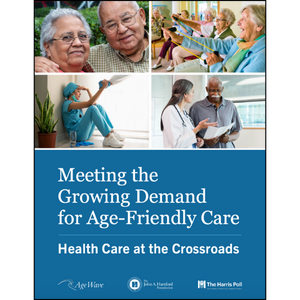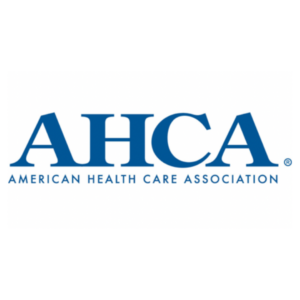Enrollment policies restrict access to hospice care
Researchers from the Yale School of Medicine conducted the first national survey on the enrollment policies of 591 U.S. hospices. The survey, conducted by Emily J. Cherlin, PhD, MSW, Yale School of Public Health, and colleagues found that 78 percent of hospices had at least one enrollment policy that could restrict access to care for patients with potentially high-cost medical care needs, such as chemotherapy or total parenteral nutrition.
Many hospices will not admit people who require transfusions, tube feeding or palliative radiation treatments.
Smaller hospices, for-profit hospices, and hospices in certain regions of the country consistently reported more limited enrollment policies. Researchers noted that hospice providers’ own enrollment decisions may be an important contributor to previously observed underuse of hospice care by patients and families. Researchers suggest that establishing policies and payment mechanisms to integrate hospice care with ongoing medical treatments may help hospices to broaden their enrollment policies to care for more patients.
There has been a 53 percent growth in the number of hospices from 2000 to 2010, with Medicare beneficiaries’ per-diem reimbursements accounting for up to 84 percent of overall hospice revenue.
The survey findings were recently published in the December issue of Health Affairs.

Sandra Hoban was on I Advance Senior Care / Long-Term Living’s editorial staff for 17 years. She is one of the country’s longest-serving senior care journalists. Before joining Long-Term Living, she was a member of the promotions department at Advanstar Communications. In addition to her editorial experience, Sandi has served past roles in print and broadcast advertising as a traffic and talent coordinator.
Related Articles
Topics: Medicare/Medicaid











